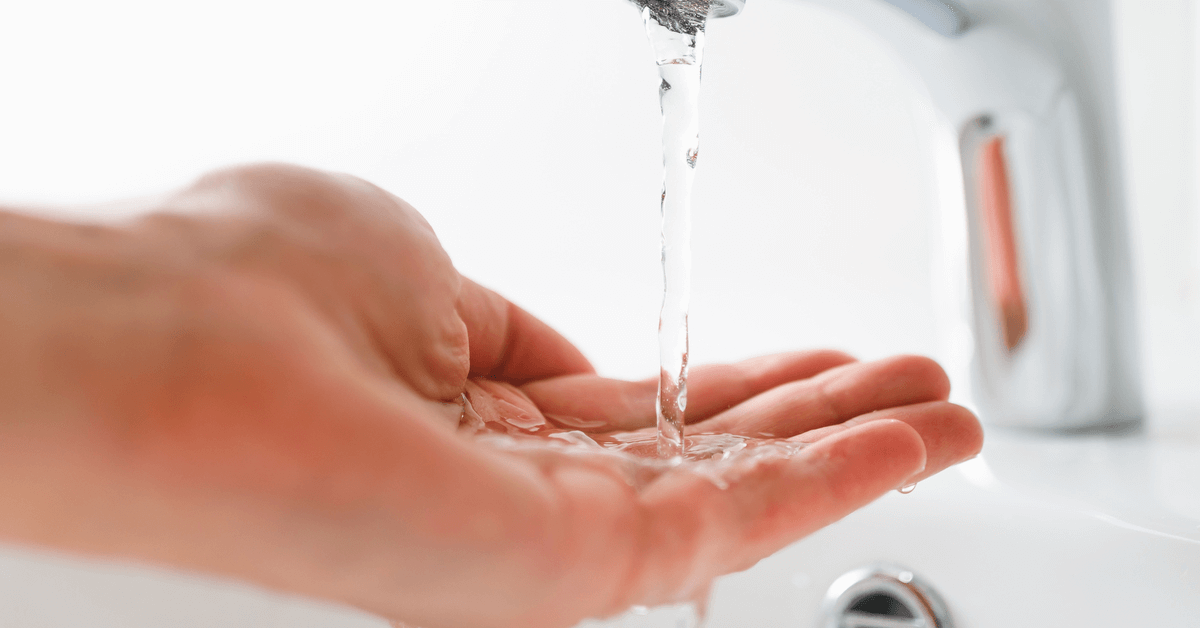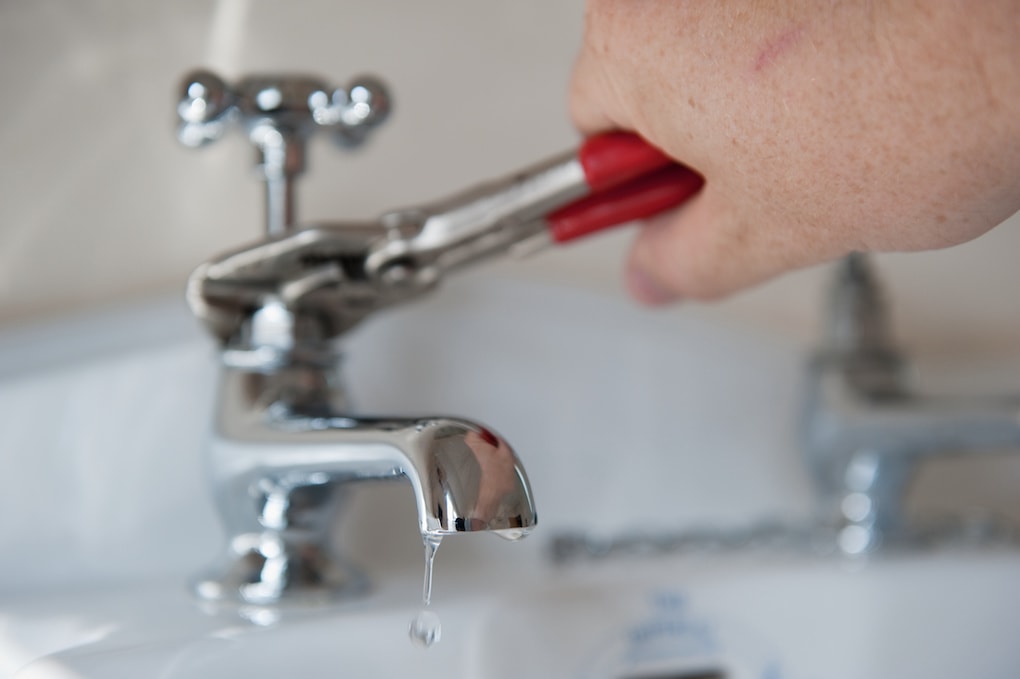Speedy Fixes for Dealing with Low Water Pressure in Your Home
Speedy Fixes for Dealing with Low Water Pressure in Your Home
Blog Article
They are making a number of great observations on 9 Reasons for Low Water Pressure in Your House in general in this content which follows.

Low tide stress in your house can be a discouraging issue, affecting everything from bathing to washing recipes. If you're experiencing weak water circulation, there are numerous feasible reasons and options to check out. In this overview, we'll talk about usual factors for low water pressure and sensible actions to address the problem successfully.
Intro to Low Water Stress
Low tide pressure takes place when the flow of water from your faucets, showers, and various other fixtures is weak than usual. This can make day-to-day tasks much more challenging and less efficient. Recognizing the root causes of low water pressure is crucial to locating the right service.
Typical Causes of Low Tide Pressure
Faulty Stress Regulators
Pressure regulatory authorities are responsible for preserving constant water stress in your house. If they malfunction, it can cause low tide pressure or uneven circulation throughout your home.
Local Supply Of Water Issues
Occasionally, the issue exists outside your home. Municipal water supply issues, such as main line leaks or upkeep work, can briefly minimize water stress in your location.
Pipeline Obstructions
Over time, pipelines can become obstructed with natural resource, debris, or debris, restricting the flow of water. This is a typical issue in older homes with galvanized steel pipes.
Rust
Deterioration within pipelines can bring about leakages and reduced water pressure. Rust accumulation can restrict water flow, especially in aging plumbing systems.
Just How to Detect Low Tide Stress
Examining Pipes
Check visible pipes for indications of leaks, deterioration, or clogs. Pay attention to any uncommon sounds, such as banging or rattling pipes, which can suggest issues within the plumbing system.
Consulting with a Plumber
If you're not able to pinpoint the root cause of low water stress, think about working with a specialist plumber to carry out a comprehensive examination. They can determine underlying problems and recommend appropriate remedies.
Examining Taps and Fixtures
Start by evaluating the water stress at various faucets and fixtures throughout your home. If the problem is separated to specific areas, it might show localized troubles.
Do It Yourself Solutions to Fix Low Tide Stress
Flushing Hot Water Heater
Sediment build-up in the water heater can restrict flow and reduce effectiveness. Flushing the tank periodically helps eliminate sediment and maintain ideal efficiency.
Examining Stress Regulatory Authority
Make certain that the stress regulator is operating appropriately. Adjusting or changing the regulator can help recover correct water pressure throughout your home.
Cleaning Aerators and Showerheads
Mineral deposits can collect in aerators and showerheads, reducing water flow. Eliminate and clean these parts consistently to enhance water stress.
Cleaning Clogs in Pipeline
For small blockages, attempt utilizing a plumbing serpent or chemical drainpipe cleaner to clear obstructions in pipes. Be cautious when utilizing chemicals and follow safety guidelines.
When to Call a Specialist Plumber
If DIY efforts stop working to solve the issue or if you believe substantial plumbing problems, it's best to look for assistance from a licensed plumber. They have the know-how and devices to attend to intricate concerns securely and effectively.
Safety Nets to Maintain Water Stress
Mounting a Pressure Booster
Think about mounting a pressure booster pump to boost water stress in areas with continually low flow. This can be specifically beneficial for multi-story homes or residential properties with high-demand fixtures.
Monitoring Water Use
Be mindful of water use behaviors and avoid overtaxing the plumbing system. Simple adjustments, such as shocking showers and washing loads, can assist keep ample water stress.
Normal Maintenance
Arrange regular upkeep for your plumbing system to stop problems such as rust, leakages, and clogs. Attending to small problems early can assist stay clear of even more significant repair services later on.
Final thought
Dealing with low tide stress can be irritating, yet determining the underlying causes and carrying out appropriate remedies can restore optimal circulation throughout your home. Whether it's cleaning aerators, examining pipelines, or speaking with a plumber, taking positive steps can make certain a steady supply of water for your day-to-day needs.
FOUR WAYS TO FIX LOW WATER PRESSURE NOW
Turning on a shower or faucet only to find the water comes out in a sad, slow drizzle is never a good feeling. How exactly are you supposed to wash a pan or take a quick shower when it takes 10 minutes just to rinse off a little soap? The good news is that when your water pressure is bad, there's always a cause: typically one that can be easily fixed. Here are some of the most common causes of low pressure and what you can do to fix the issue:
DEBRIS AND MINERAL DEPOSIT BUILDUPS
If you notice low water pressure from just one or two of the fixtures in your house, the problem likely has to do with debris buildup. Water is full of minerals and other debris, all of which can accumulate in your pipes and on your fixtures. This can cause a blockage that affects how much water flows through. To fix this, try filling a small plastic bag with white vinegar, and use a rubber band to hang it around your showerhead or faucet. Let the head of the fixture soak for a few hours, and the vinegar should loosen the deposits.
WATER LEAKS
Leaks are another common cause of low water pressure. If water is flowing out of your plumbing through a hole or crack before it can reach your fixture, the pressure coming out of the faucet or showerhead will be lower. A plumbing professional is your best bet for finding and repairing a leak in your water supply pipes.
Leaks are another common cause of low water pressure. If water is flowing out of your plumbing through a hole or crack before it can reach your fixture, the pressure coming out of the faucet or showerhead will be lower. A plumbing professional is your best bet for finding and repairing a leak in your water supply pipes.
A VALVE ISSUE
If you have low water pressure throughout your home, check your main shut-off valve to make sure it's completely open. You may also want to see if there's a pressure-reducing valve installed. If there is, have a plumber help you adjust the settings to get the pressure you're looking for.
OTHERS USING WATER
Believe it or not, your low water pressure could be caused by your neighbors. If you notice low pressure at certain times of day, it may be because you and the people living next to you have similar schedules - when everyone is showering at the same time, the pressure will be lower in every home. Low pressure throughout the neighborhood may also be caused by an issue with your municipal water supply. If that's the case, call the supplier to see if they're working on the issue.
https://www.rotorooter.com/blog/water-leaking/low-water-pressure-fixes/

We are very serious about 9 Reasons for Low Water Pressure in Your House and I'm hoping you appreciated my blog posting. So long as you appreciated our article if you please do not forget to share it. We take joy in your readership.
Get A Quote Report this page